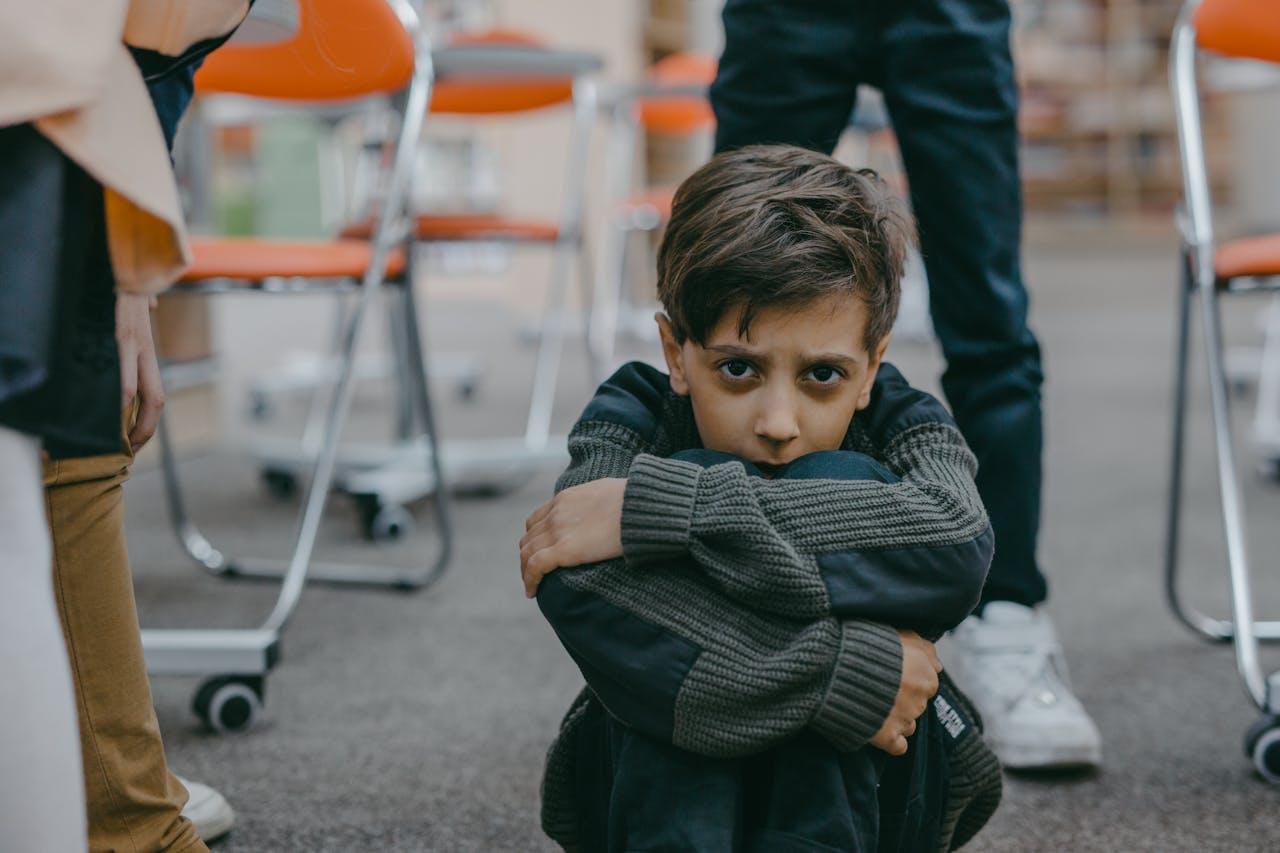Understanding Anxiety in Children: Signs, Causes, and How to Help

Anxiety is a normal part of childhood, but for some children, it can become overwhelming and interfere with their daily lives. Whether it's fear of being separated from parents, social situations, or academic pressures, childhood anxiety can manifest in different ways. Recognising the signs and understanding how to support your child can make a significant difference in helping them manage their emotions effectively.
What Causes Anxiety in Children?
Anxiety can be triggered by various factors, including:
- Genetics – Children with a family history of anxiety are more likely to experience it.
- Personality Traits – Some children are naturally more sensitive and cautious, making them prone to anxious feelings.
- Environmental Factors – Stressful events such as moving house, family conflicts, or school challenges can contribute to anxiety.
- Learned Behaviour – If a child observes anxious behaviour in parents or caregivers, they may adopt similar responses to stress.
Understanding these underlying factors can help in finding the most effective strategies to support an anxious child.
Common Signs of Anxiety in Children
Anxiety can present itself in different ways, including:
1. Emotional Signs
- Excessive worry or fear about specific situations.
- Irritability or mood swings.
- Clinginess or fear of being left alone.
2. Physical Symptoms
- Stomach aches, headaches, or nausea without a clear medical cause.
- Sweating, trembling, or rapid heartbeat.
- Difficulty sleeping or frequent nightmares.
3. Behavioural Changes
- Avoidance of social situations or new experiences.
- Difficulty concentrating or becoming easily distracted.
- Repeated reassurance-seeking from parents or teachers.
If your child consistently displays these signs, it may be time to explore ways to help them manage their anxiety.
How to Support a Child with Anxiety
1. Encourage Open Conversations
Let your child know their feelings are valid and that you are there to support them. Use phrases like:
- “I can see that you’re feeling nervous about this. Would you like to talk about it?”
- “It’s okay to feel worried sometimes. Let’s figure out a way to help you feel better.”
2. Teach Calming Techniques
Help your child develop coping skills, such as:
- Deep breathing exercises (inhale for four counts, exhale for four counts).
- Progressive muscle relaxation to release tension.
- Visualisation techniques, such as imagining a safe and happy place.
3. Gradual Exposure to Fears
Encourage small steps towards facing their fears rather than avoiding them. For example, if your child is anxious about school, start with short visits before the full school day.
4. Establish Routines
Predictability can help anxious children feel secure. Maintain consistent daily routines for meals, bedtime, and school preparation.
5. Seek Professional Support When Needed
If your child's anxiety is significantly affecting their daily life, professional therapy can provide them with personalised strategies to manage their worries.
At Brave Little Heroes Psychology Hub, experienced child psychologists offer compassionate support to help children understand and cope with anxiety. Through evidence-based therapies, they equip children with the tools they need to build resilience and confidence.
Final Thoughts
Childhood anxiety can be challenging, but with the right support, children can learn to manage their fears and develop lifelong coping skills. By recognising the signs, encouraging open communication, and seeking professional guidance when necessary, parents can play a crucial role in their child’s emotional well-being.
If your child is struggling with anxiety, visit Brave Little Heroes Psychology Hub to access expert support and tailored intervention strategies.
- Art
- Causes
- Crafts
- Dance
- Drinks
- Film
- Fitness
- Food
- Jocuri
- Gardening
- Health
- Home
- Literature
- Music
- Networking
- Alte
- Party
- Religion
- Shopping
- Sports
- Theater
- Wellness


